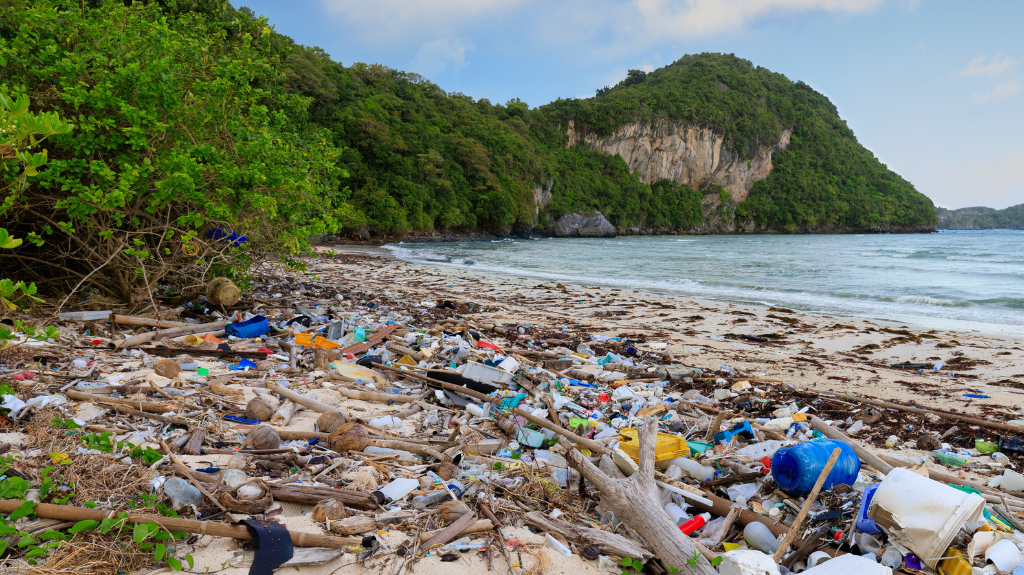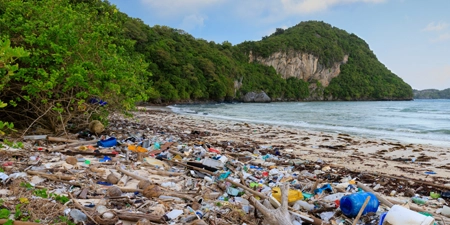ITCL Technology Centre will work over the next three years on the European SuN4Med project, which aims to reduce food waste and mitigate environmental plastic pollution through the development of biodegradable and antimicrobial food packaging. The project seeks to provide innovative solutions to the challenges posed by polymeric materials for food use, while simultaneously promoting sustainability and environmental responsibility.
Among these solutions, computer vision and artificial intelligence (AI) studies will be conducted to sort residues from the collection and processing of agro-industrial products based on the biopolymers to be formulated. Specifically, ITCL will be responsible for developing intelligent sorting tools to automate the classification of agro-industrial by-products by combining AI and computer vision technologies using hyperspectral cameras.
REDUCING FOOD WASTE AND ENVIRONMENTAL PLASTIC POLLUTION
Every year, approximately 4 billion tonnes of food are produced as agro-industrial waste, of which one-third is lost or wasted. Moreover, food packaging often uses petrochemical-based polymers, which, while inexpensive, are non-biodegradable and cause severe environmental issues, such as the formation of massive “plastic continents” in the oceans, affecting biodiversity and human health.
For this reason, SuN4Med explores the potential of using agro-industrial residues to formulate biopolymers for the development of biodegradable and antimicrobial food packaging. The project operates within the framework of the green and circular economy, applying green chemistry approaches. Its objectives include extending food shelf life and reducing food waste and losses through cross-sector collaborative research.

SuN4Med will replace conventional plastics used in food packaging with biodegradable materials derived from agro-industrial by-products of various crops, including hazelnut shells, prickly pears, almonds, citrus peels, grape pomace, potato skins, and even animal bone residues.
The work, to be carried out until 2028, involves collaborative research and innovation activities among project partners to deliver innovative solutions to food packaging challenges while promoting sustainability and environmental responsibility. These efforts include AI- and computer vision-based studies to sort agro-industrial waste according to the biopolymers to be produced.
Ultimately, the project aims to reduce plastic waste in landfills and oceans, lower greenhouse gas emissions, and decrease raw material costs, aligned with the United Nations Sustainable Development Goals (SDGs). The objectives include replacing 9% of conventional plastics with biodegradable materials by 2028, increasing recycling rates, and reducing food insecurity in the Mediterranean region.
EUROPEAN COLLABORATION
Project partners will foster cross-sector cooperation to identify and expand food waste prevention initiatives. For example, IMSA (Spain) and several other companies from participating countries will provide agro-industrial by-products for the project, while APTAR (France) and BRG (Turkey) will produce the proposed antimicrobial food packaging at both pilot and industrial scales. Additionally, IMSA will test the physicochemical and mechanical properties of the bioplastics for meat and bakery products.

